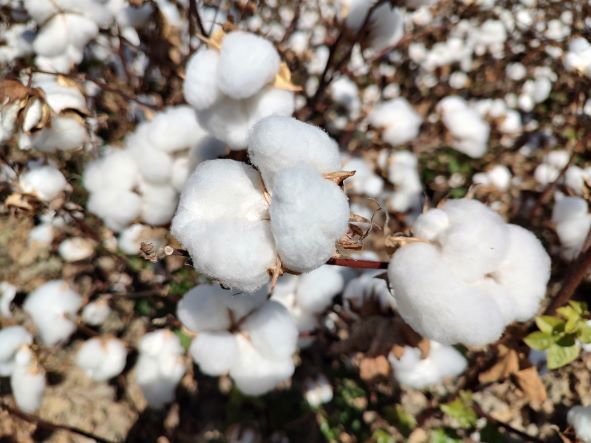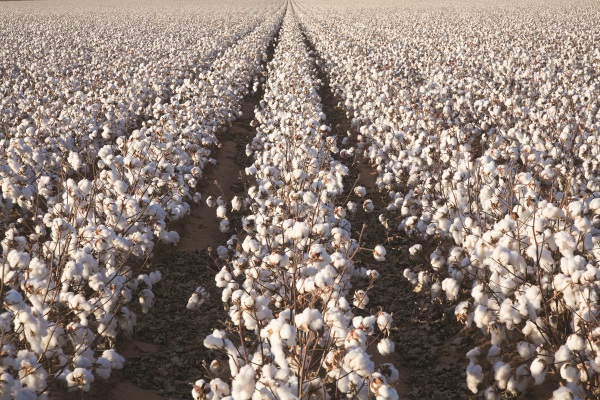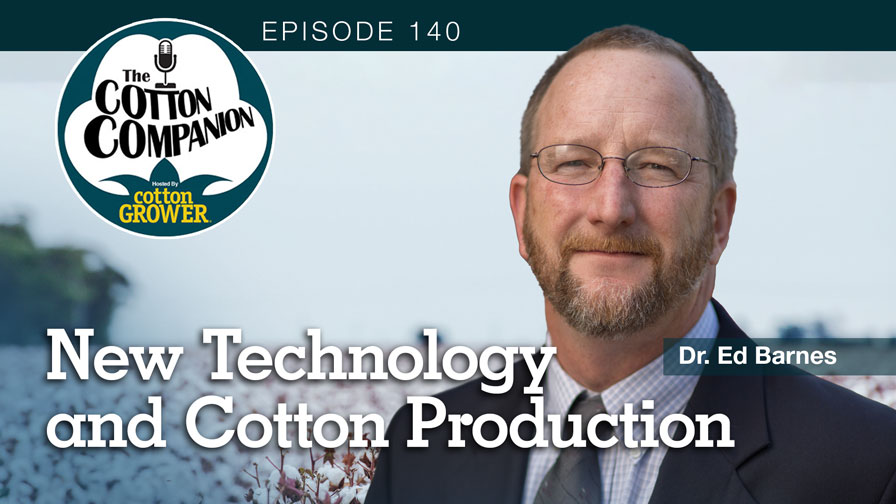New TTU Lab to Focus on Nonwoven Technology
The Institute of Environmental and Human Health (TIEHH) at Texas Tech University has introduced a new, state-of-the-art fabric laboratory to help researchers continue creating products that can protect both military and civilian populations.
The 4,000-square-foot facility, named the Nonwovens and Advanced Materials Laboratory, was unveiled April 6. The new lab’s air conditioning and humidification system, contoured needlezone needlepunching technology and thermal bonding capability will allow for faster, more focused research into nonwoven technologies.
Nonwoven fabrics are broadly defined as sheet or web structures bonded together by entangling fiber or filaments (and by perforating films) mechanically, thermally or chemically. They are flat, porous sheets that are made directly from separate fibers or from molten plastic or plastic film. They are not made by weaving or knitting and do not require converting the fibers to yarn. Funding for the lab’s $1.5 million cost included $125,000 from the Lubbock Economic Development Alliance and nearly $1 million from the U.S. Department of Defense (DoD) for the machinery. Overall, nonwoven research at Texas Tech has received $2.5 million in DoD funding.
“The opening of this unique manufacturing and research facility is another big step forward for The Institute of Environmental and Human Health and for Texas Tech,” said Kent Hance, chancellor of the Texas Tech University System. Texas Tech University now is the only academic facility in the U.S. to have contoured needlezone nonwoven technology, said Ron Kendall, director of TIEHH.
Seshadri Ramkumar, associate professor, lab manager and Fibertect creator, said the new nonwoven facility will help TIEHH to continue top-quality research into protective fabrics and other nonwoven materials. Fibertect is a platform technology, and different fibers, including natural fibers such as cotton, can be used depending on applications and requirements, Ramkumar said.
“One of the main focuses of this lab will be used to develop new products from cotton and wool, such as thermal and acoustic insulation pads, and automotive and defense textiles,” Ramkumar added. “Our aim is to find value-added applications for products made of cotton grown on the High Plains. Surely, this nonwoven laboratory will help.” Research in natural fibers has been supported by the Food and Fibers Research Grant program of the Texas Department of Agriculture, Texas State Support Program of Cotton Incorporated, The Cotton Foundation, The CH Foundation of Lubbock, Plains Cotton Growers and USDA through the International Cotton Research Center at Texas Tech. The Institute of Environmental and Human Health develops environmental and health sciences research and education at Texas Tech and Texas Tech University Health Sciences Center. The institute’s goal is to position Texas Tech as an internationally recognized force in the integration of environmental impact assessment of toxic chemicals with human health consequences, framed in the context of science-based risk assessment to support sound environmental policy and law.








